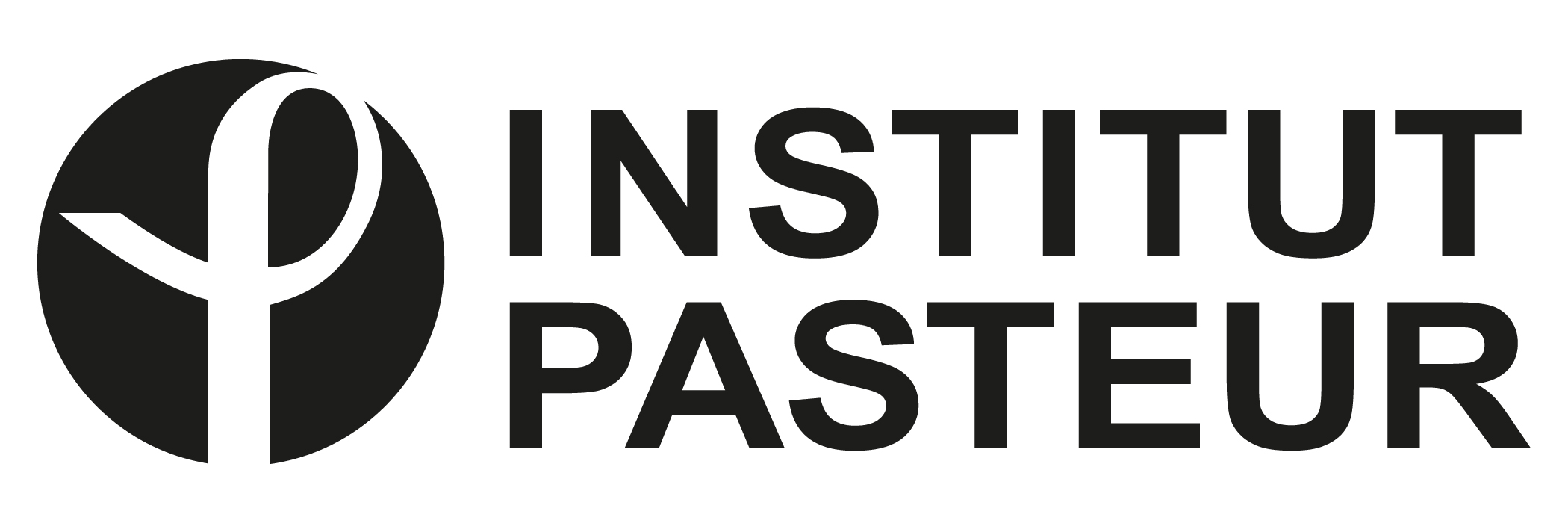Institut Pasteur

The Institut Pasteur, a Research Institute of excellence created in 1887, has been contributing to the history of science, medicine and public health for over 125 years. It is a private, state-approved and non-profit foundation, with four large public interest missions: Research, Education, Public Health, and Valorization of scientific research via technology transfer and industrial partnerships.
Around 2400 people are working at Pasteur, of which 1500 are scientists (permanent scientific staff, engineers, students and post-doctoral fellows). The Institut Pasteur is an interdisciplinary research institute; its scientific priorities include microbiology and infectious diseases as well as immunology, neuroscience, developmental biology, genetics and cancer.
Grouped together within eleven research departments, the 128 Institut Pasteur research units are all part of an integrated campus in the very center of Paris. This integration promotes collaborative work among the various laboratories and encourages interdisciplinary and transversal research programmes. Recently, Centers have been created across the research departments to increase synergistic actions on key strategic priorities; thus, a center for Biomedical and Translational Science, a center for Global Health Research and Education, a Center for Bioinformatics/Biostatistics and Integrative Biology and a Center for Innovation and Technological Research have been created. The Institut Pasteur regularly hosts researchers from all over the world and provides a dynamic and creative environment that fosters solid and successful partnerships with leading international research institutes and universities.
The Institut Pasteur is at the center of an international network of 32 institutes, across five continents (the Institut Pasteur International Network – IPIN). The Institut Pasteur is also involved in numerous projects with major international scientific bodies such as the World Health Organization, along with several major universities and research institutes worldwide.
The Institut Pasteur has also an international reputation for quality teaching, with a strong emphasis on practical work, that attracts students and professionals who wish to further their knowledge or supplement their degree programmes. The Teaching Center welcomes annually nearly 500 students from 60 countries either embarking on initial or continuous training: Master students, PhDs, scientists, health professionals and personnel from the Institut Pasteur International Network.
Local universities (Paris Descartes, Pierre et Marie Curie, Paris Diderot, Paris Sud) are key partners in our educational achievements. The Institut Pasteur also enjoys a strong partnership with the CNAM (French “Conservatoire national des Arts et Métiers”), as part of the Institut Pasteur-CNAM School of Public Health. Moreover, approximately 80 Master students and around 220 PhD students complete their training within the laboratories of the Institut Pasteur.
The Institut Pasteur also hosts 15 National Reference Centers and 8 WHO Collaborating Centers, all of which are vital observatories for infectious disease monitoring. The Institut Pasteur Medical Center, which specializes in travel medicine, vaccinates over 76 000 people each year and provides unique opportunities for cooperative research on infectious diseases and vaccination.
The scientific strategy of the Institut Pasteur is based on a strong support to curiosity-driven research It is also based on the exploration of new topics for biomedical research, enhancing multidisciplinarity and improving the transfer of scientific discoveries to applications. The Institut Pasteur strives to meet the present and future human health challenges, by accelerating our understanding of physiological and pathological processes, and by developing novel strategies of diagnostic, prevention and treatment of diseases.
The economic model of the Institut Pasteur is based on four separate sources of funding, in which public generosity and proceeds from assets play an important role. Government contributions, research contracts, and the development of business from Pasteurian research supplement this budget, which is unique in terms of its sources and distribution – a feature which guarantees the independence of Pasteurian research policies and places the burden of responsibility on the Institute with respect to its partners. In 2014, the budget amounted to € 285 million.
In this context, the Institut Pasteur is focused on the following priorities: our scientific vision, recruitment and career management, teaching and training, the essential role of the Institut Pasteur International Network, the organization of research, and development of transversal and incentivized research programs, public health and translational research, National and European research strategy, valuing Pasteurian research and industrial partnerships, upgrading our infrastructure and our fundraising strategy. Each of these priorities is essential, and held in balance by an overall strategic vision that puts the Institut Pasteur, an International Institute for research and education rooted in France, at the heart of advances in tomorrow’s science, medicine and public health.